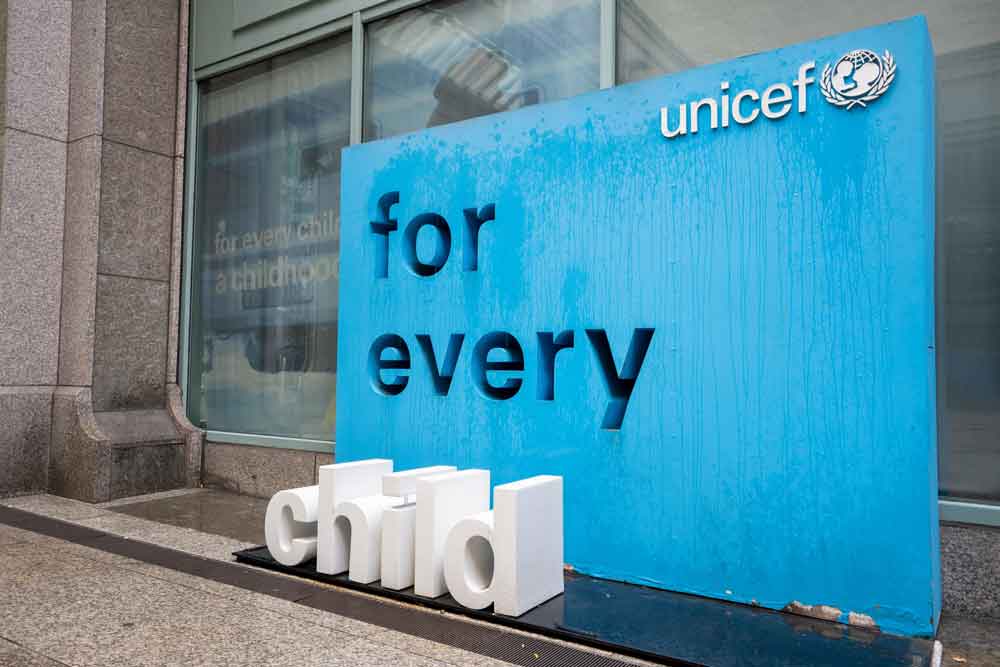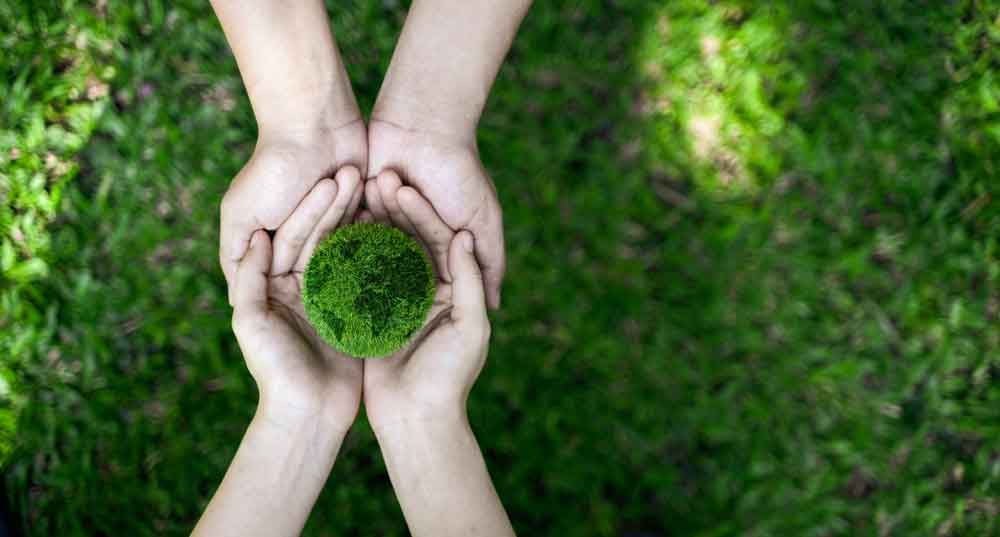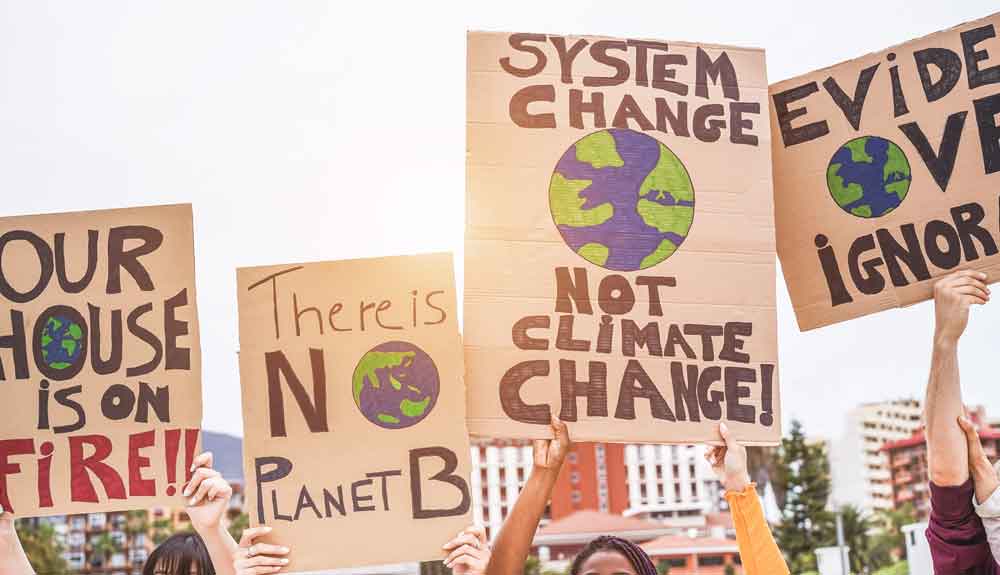Amidst the proceedings of this year's COP28, a recent UNICEF-Gallup survey indicates that many youngsters are aware of climate change, but comprehension remains elusive. The poll, spanning 55 countries and encompassing individuals aged 15-24, unveiled that an average of 85 per cent claim familiarity with climate change. However, only 50 per cent accurately grasped the definition aligned with the United Nations Framework Convention on Climate Change (UNFCCC). The survey asked respondents to distinguish between ‘seasonal changes in weather that occur every year’ and ‘more extreme weather events and a rise in average world temperatures resulting from human activity.’

Low Climate Understanding
UNICEF Executive Director Catherine Russell emphasised the role of young people in championing climate action but noted a critical gap in understanding. She urged leaders at COP28 to commit to educating children and young people on the crisis, ensuring their inclusion in discussions and decisions affecting their future.
Interestingly, the survey revealed that climate change knowledge was lowest in lower-middle- and low-income countries like Pakistan (19 per cent), Sierra Leone (26 per cent), and Bangladesh (37 per cent). These regions, deemed most susceptible to the impacts of climate change, were highlighted in UNICEF's 2021 Children's Climate Risk Index, which categorised children in these countries at extreme high risk.

Social Media Dilemma
It explored trust in information and constraints on political change in a globalised world. Shockingly, 60 per cent of the respondents identified social media as their primary news source, yet only 23 per cent showed trust in information from these platforms, making social media the least trusted information source across all institutions in the poll.
Globalisation's influence on this generation was evident, with 27 per cent identifying as citizens of the world, surpassing other age groups polled. This broader worldview may pave the way for cross-border collaboration on global issues.

Protect Children Worldwide
Looking beyond COP28, UNICEF urges parties to take concrete actions to safeguard children's lives, health, and well-being. This includes adapting essential social services, empowering children as environmental champions, and fulfilling international sustainability and climate change agreements by swiftly reducing emissions.